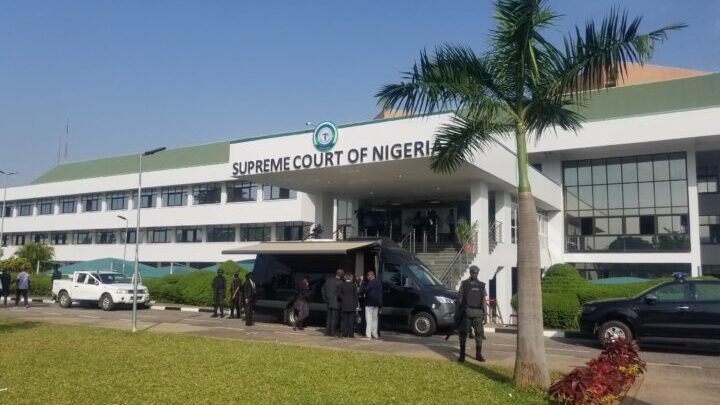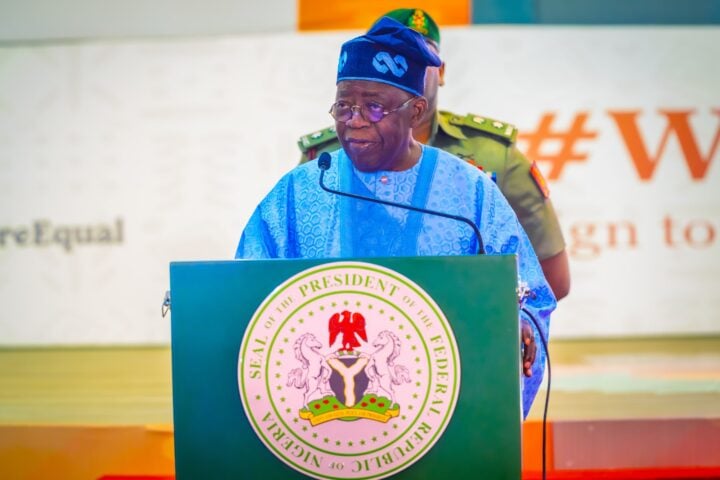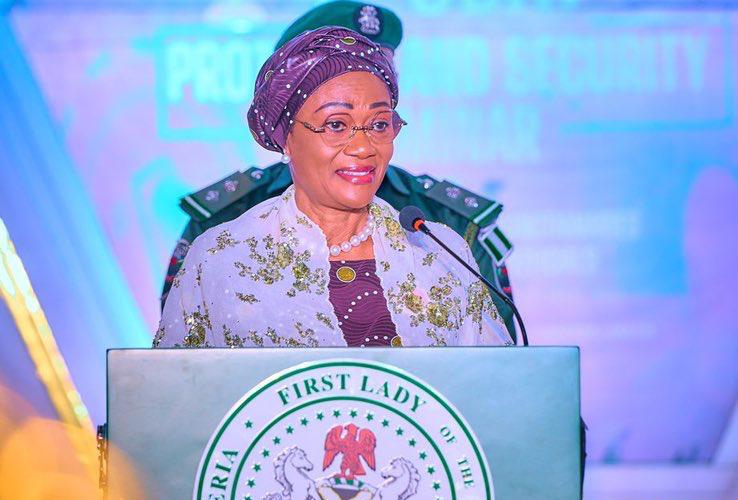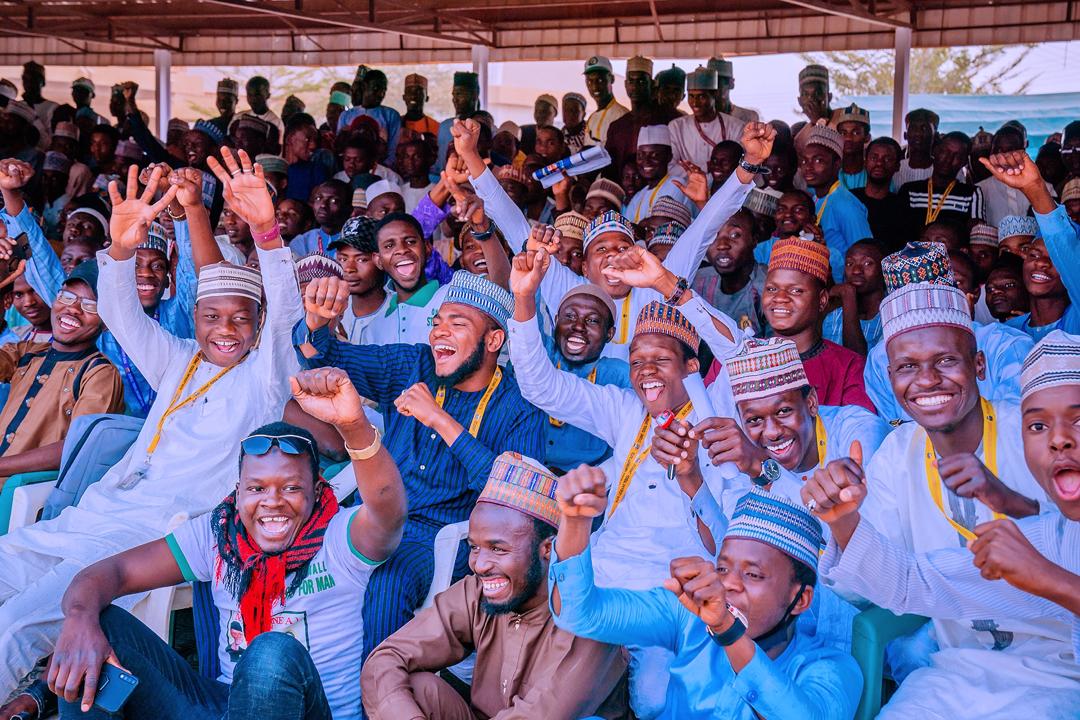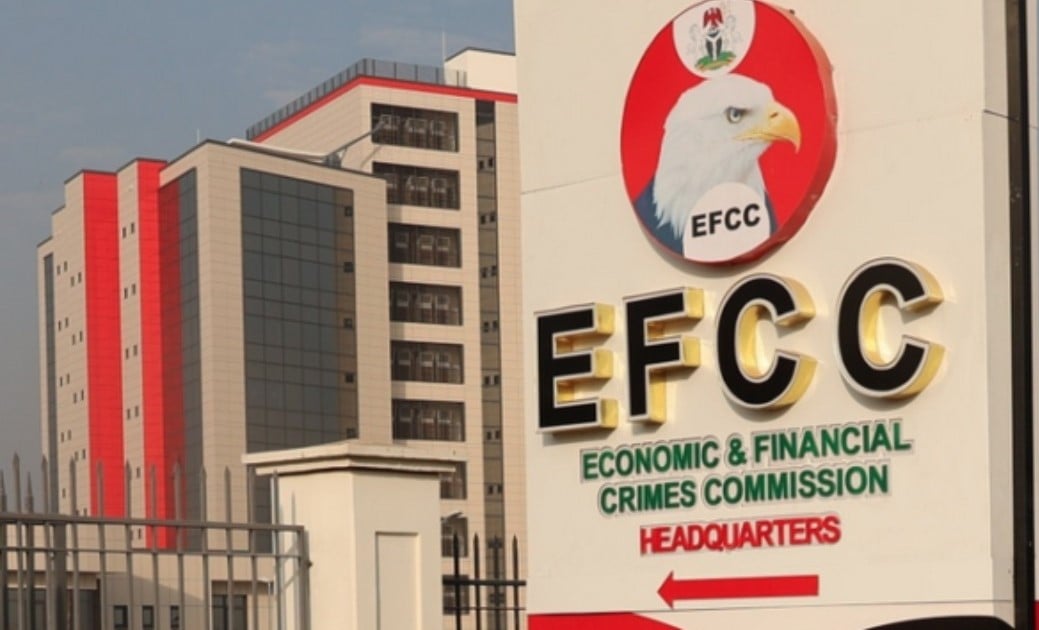The supreme court headquarters in Abuja.
BY ISHOWO OLANREWAJU
In a significant move towards reinforcing democratic principles and ensuring genuine representation at the grassroots, President Bola Ahmed Tinubu, the attorney-general of the federation and minister of justice, Lateef Fagbemi, SAN as well as national assembly (NASS) leaders have collectively called out state governors for their manipulation of local government councils.
To demonstrate its commitment towards the revitalisation of LG administration in the country, the federal government, last week, dragged the 36 state governors before the supreme court, seeking the enforcement of full autonomy of local governments in Nigeria. Among the injunctions the FG is urging the apex court to issue is an order prohibiting state governors from embarking on unilateral, arbitrary and unlawful dissolution of democratically elected local government chairmen, and constituting caretaker committees in their place.
It also asked the court to make an order permitting the funds meant for the LGs to be directly channelled to them from the federation account in line with the provisions of the constitution as against how the governors take advantage of section 162(6) at the detriment of the third tier of government in their respective States. These actions almost make it to be alleged unlawful joint accounts. The AGF shouldn’t go back on its radical approach to unbundle this alleged controversial section.
Advertisement
According to media reports, the case is slated for hearing today, May 30, but it is not clear if the state governments who have always opposed moves to enthrone the independence of LGs, have filed their defence before the court.
This move by the incumbent administration of Tinubu marks a decisive shift from the previous administration’s approach and shows commitment to local government autonomy, which has long been undermined by political interests at the state level.
One of the key issues the Tinubu government wants to address is the unlawful practice of appointing loyalists or “stooges” to local government positions by state governors. This undemocratic trend is particularly evident in states like Kwara, where Governor Abdulrahman has been prioritizing his political interests over the will of the people. By handpicking his loyalists to man local councils, the governor has in the last five years stifled the democratic process, depriving the masses of their fundamental right to choose their representatives.
Advertisement
This practice not only erodes public trust in the electoral process but also diminishes the quality of governance at the local level. Local governments, which are supposed to be the closest to the people and most responsive to their needs, are rendered ineffective when they are led by individuals who owe their allegiance to the governor rather than the electorate.
President Tinubu’s call for genuine local government elections is a commendable departure from the approach taken by his predecessor. The former administration’s lack of decisive action on local government autonomy allowed state governors to continue their manipulative practices unchecked. Tinubu’s administration, however, is signalling a clear intent to rectify this imbalance and restore power to the people.
In a recent statement, President Tinubu emphasised the importance of local governments in promoting grassroots development and delivering essential services to citizens. He stressed that for local governments to function effectively, they must be led by individuals who are truly representative of their communities, not mere extensions of the governor’s office.
While President Tinubu’s stance is a critical step forward, it is imperative that the national assembly takes concrete legislative actions to support this vision. The laws governing local government elections must be amended to ensure that these elections are conducted by the Independent National Electoral Commission (INEC) rather than state electoral authorities. This change is crucial to eliminating the undue influence that state governors currently wield over the local election process.
Advertisement
NASS leaders have a significant role to play in this regard. By amending the constitution to transfer the responsibility of conducting local government elections to INEC. They can help safeguard the integrity of these elections and ensure that they are free, fair and reflective of the people’s will. This legislative change will be a significant stride towards achieving genuine local government autonomy and enhancing democratic governance in Nigeria.
In states like Kwara, where the governor’s manipulation of local government elections has been particularly egregious, the impact of such reforms would be profound. Notwithstanding that I have reservations on the uprightness and independence of INEC, but allowing the national electoral body to oversee these elections would ensure a level playing field for all candidates and restore the people’s confidence in the electoral process.
By advocating for INEC’s oversight of these elections, they are championing the cause of local government autonomy and ensuring that the voices of the masses are heard and respected. It is now up to the national assembly to translate this vision into reality through timely and decisive legislative action.
In doing so, they will not only uphold the principles of democracy but also pave the way for more effective and responsive governance at the grassroots. This is a momentous opportunity for Nigeria to reaffirm its commitment to democratic ideals and empower its citizens to choose their representatives freely and fairly.
Advertisement
However, it’s important to recognize that the national assembly has never been the primary obstacle to local government autonomy. The real problem lies within the state houses of assembly, which are predominantly controlled by their respective state governors. These governors exert considerable influence over the legislative processes at the state level, effectively stalling any progress towards genuine local government autonomy. The state houses of assembly, often aligned with the interests of the governors, have consistently failed to pass necessary amendments that would empower local governments. This entrenched power dynamic requires the need for a systemic overhaul to ensure that local government elections are truly democratic and independent of state level political manipulations.
Isowo Olanrewaju writes from Ilorin, the Kwara state capital. He can be reached via 07032068829
Advertisement
Views expressed by contributors are strictly personal and not of TheCable.
Add a comment
